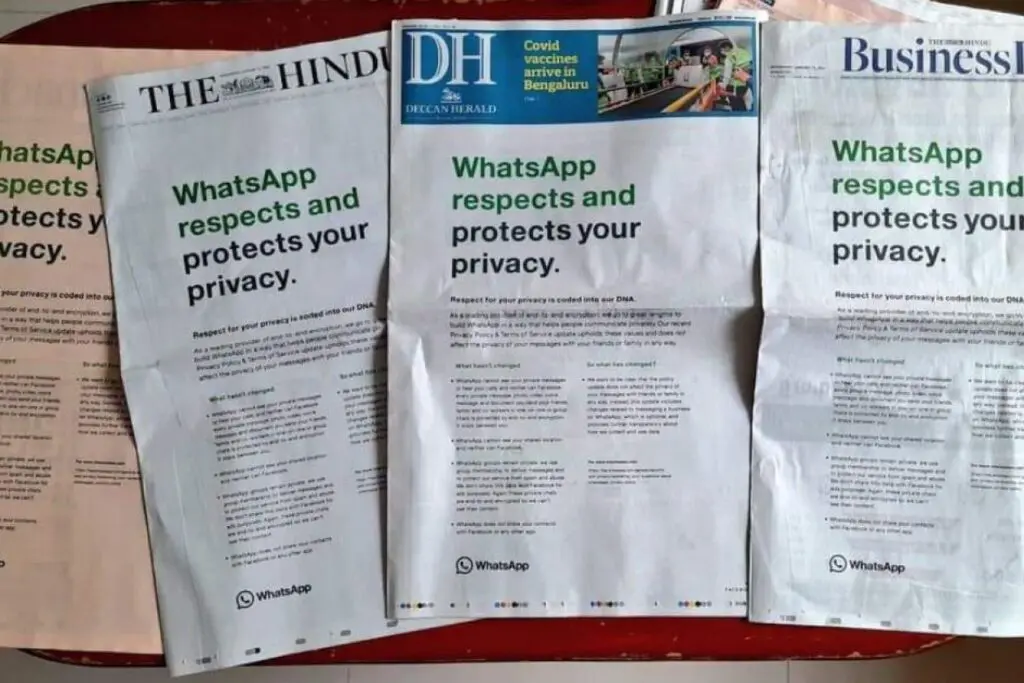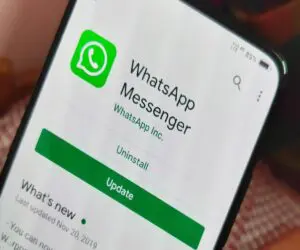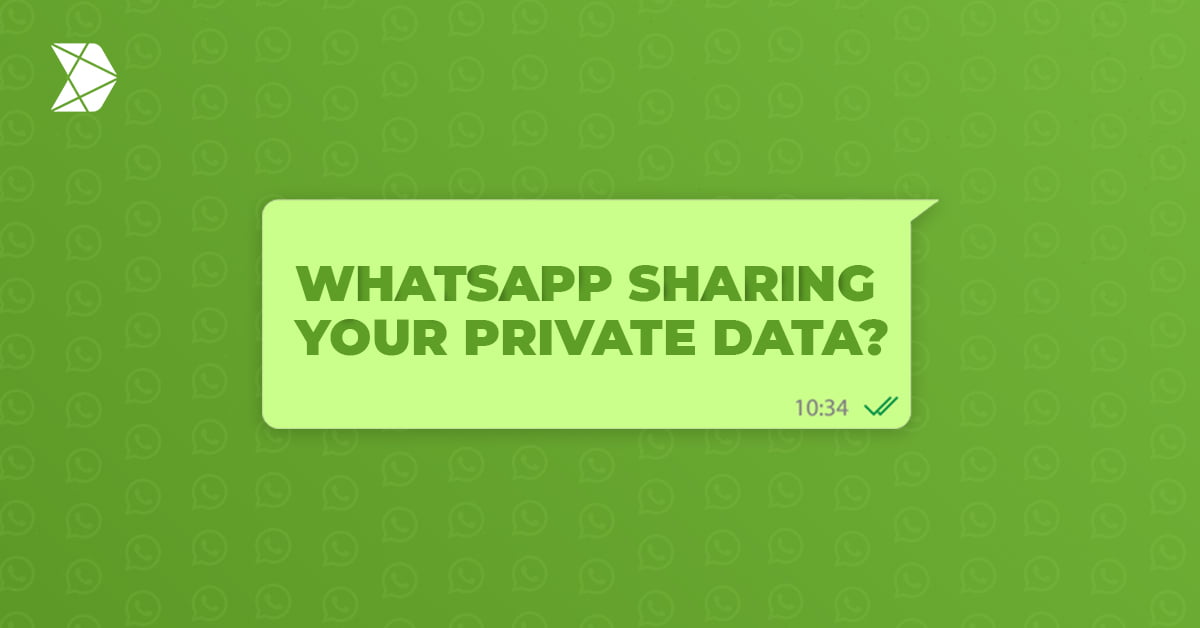Whatsapp Privacy Policy for 2021
It was around early January when Whatsapp users all around the world got an entry pop-up in the application. The exact wordings for the WhatsApp privacy policy are a bit vague because let’s be honest, no one bothered to give it a thorough read and proceeded to hit “I agree” like we’re normally inclined to do. It was not so long after that when the rumors started to flood in, and as push came to shove, the rumors got scarier.
The core issue elaborated in the rumors was the fresh introduction of a data-sharing system with Whatsapp’s parent company Facebook, which ignited the legitimacy of the rumors for Facebook has had its share of misconducts with user’s data in the past. Another factor for the backlash was the urgency in the ultimatum with the threat of account suspension if the users do not comply with the Whatsapp privacy policy before the 8th of February. All of this factored in into major fallout all around the world with the users deciding to switch towards other similar applications, for instance, Telegram and Signal.
So does complying with the new Whatsapp privacy policy really result in exposure for our private chats, transactional data and personal media? Is Whatsapp really going to be eavesdropping into our daily life conversations? The answer to that might be a blow for someone’s gossip, but no, WhatsApp will not be listening to you venting to your mom on the call after a long tiring day of work.
The application took it to the media recently to ensure the implication of end-to-end encryption on every chat, making it impossible to read for a third party. In a peculiar attempt to reach the public with their perspective, Whatsapp managed to get a place on the entire front pages of four top newspapers with a message in bold letters “Whatsapp Respects and Protects Your Privacy”.. A little ironic for a digital based medium to opt for print in order to convey “trust”? Regardless, Whatsapp ensured that apart from the conventional logs for calls the users make, there is no history that is recorded for targeting a user in the future. Your data, chats, phone logs and media are safe and sound.

Frankly, the outburst of the users for Whatsapp’s data sharing system with Facebook is a little ironic considering how in 2016; Whatsapp provided the users with an option to cease sharing of data with the parent company. Users that joined in after that or the ones that did not manage to manually turn the feature off probably have a certain amount of their data shared to Facebook, principally the key points for generating targeted ads.
Whatsapp privacy policy to be implemented from the 8th of February would not have faced as much backlash as it did if the language of the message was a little more user friendly. This message led many to believe that the newly introduced policy is facilitating the transfer of user data and it cannot be avoided, even though they have been doing the same all along. WhatsApp’s privacy policy reads: “As part of the Facebook family of companies, WhatsApp receives information from and shares information with, this family of companies, We may use the information we receive from them, and they may use the information we share with them, to help operate, provide, improve, understand, customize, support, and market our Services and their offerings.”

This whole controversy could be summarized as a result of general folk’s tendency to misread a report and jump to harsh conclusions. But this incident should ring the warning bells for Whatsapp and Facebook considering the fragility of trust for them among the users due to years of bad privacy commitments and increasingly complex terms of agreements.
No wonder applications like Signal and Telegram were able to land millions of new users in a span of a few hours. Now Facebook and Whatsapp are faced with a long and exasperating challenge of better security terms and general communications with the users, if they wish to bring back even a fraction of the users they lost.




